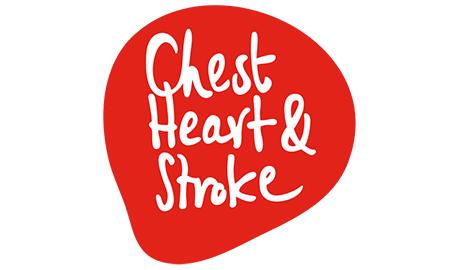What Is A Stroke?
A stroke happens when the blood supply to part of the brain is interrupted. Most strokes occur when a blood clot blocks one of the arteries which carry blood to the brain – this is called an ‘ischaemic stroke’. Another type of stroke is a ‘haemorrhagic stroke’ which means there has been a bleed on the brain. If brain cells lose their supply of oxygen from the blood, they can be damaged or die.
The symptoms of a stroke depend on the part of the brain affected and the extent of the damage. No two strokes are the same and recovery is different from person to person.
The symptoms of a stroke usually come on suddenly and are described by the letters F.A.S.T
- Facial weakness: Can the person smile? Has his/her mouth or eye drooped?
- Arm weakness: Can the person raise both arms? Is one arm weak?
- Speech problems: Can the person speak clearly and understand what you say?
- Time to call 999: If the person has failed any of these tests call 999 immediately
Other symptoms include:
- Problems with balance and co-ordination
- Difficulty swallowing
- Sudden blurred vision or loss of sight
- Severe headache
The ‘T’ in F.A.S.T is very important as the longer the affected part of the brain is without blood, the greater the residual damage will be.
For more information download our What is a Stroke? Leaflet.











































































